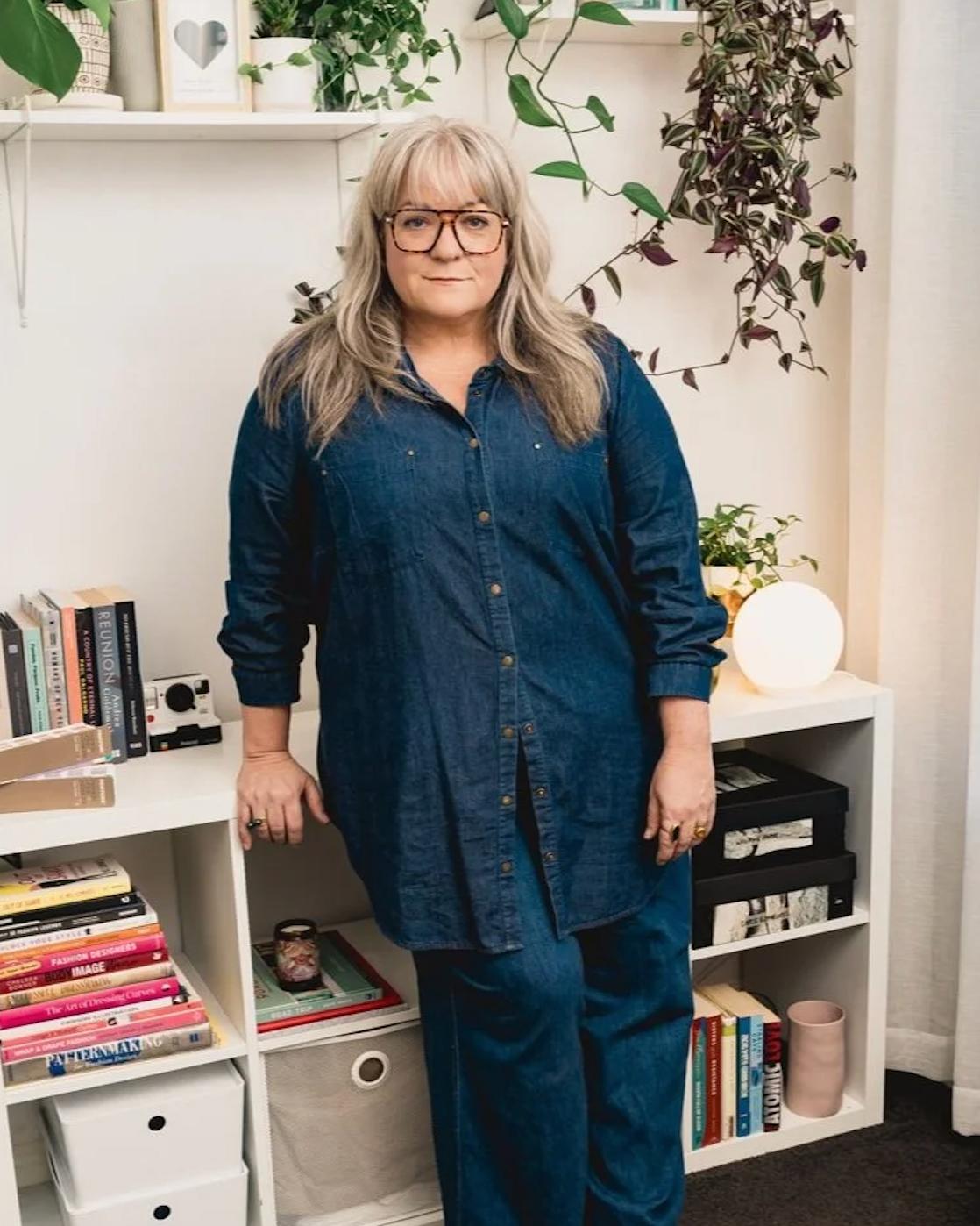
Read the Charter of Independence here.
Clothing brand American Eagle has released its newest marketing campaign, featuring Euphoria star Sydney Sweeney, sparking controversy in the fashion world.
Inspired by the '80s Calvin Klein x Brooke Shields campaign, American Eagle released a series of advertisements featuring the now hotly debated tagline “Sydney Sweeney has great jeans”.
Playing on the double entendre of jeans and genes, the bon mot quickly garnered attention and accumulated about 9 million views on YouTube.

Given Sweeney’s iconic blue-eyed, blonde-haired image, audiences debated and sparked rumours that the ad had racial undertones and promoted eugenics.
Referring to a scientifically discredited belief, eugenics toys with the idea that the genetic quality of the human population can be ‘improved’ through selective breeding.
Coined in the late 1800s, the practice of eugenics holds a dark history in science, shaping many “persecutory policies” in Nazi Germany, “sterilisation initiatives” in North America and, of course, a range of White Australia policies.
While of course being highly racist, eugenics also led to increased mental health issues and suicide among People of Colour as well as the displacement of families and children, the effects of which are still being felt today.
So, naturally, people aren’t too thrilled to be seeing tongue-in-cheek references towards it in marketing campaigns – especially not ones starring a ‘classically attractive’ white woman.
Users across TikTok, Instagram and X (formerly known as Twitter) erupted with discourse flooding feeds.
While some personally attacked Sweeney, others took the opportunity to criticise American Eagle for releasing the campaign.
Co-founder of the Critical Fashion Studies research group and co-host of the Critical Fashion Studies Podcast Harriette Richards said it “almost feels like [American Eagle has] done it intentionally to get attention”.
“A lot of the time in fashion marketing, people aren’t stupid; they know what they’re doing,” Richards said.

From imitations to review and disapproval, American Eagle has the internet talking, including high-profile celebrities like rap star Doja Cat who have chimed in on the matter, poking fun at Sweeney’s delivery.
Almost two months after the release of this gene-ious campaign, American Eagle has announced its monthly earnings and sales, which it claims have increased.
“It is really part of these new techniques that fashion brands are playing with to generate that online conversation ... because that’s what drives people to their websites,” Richards said.
While sales increase, American Eagle also revels in the hike of its stock price, increasing US$7.52 since the campaign hit screens, a whopping 69 percent jump.

This begs the question: how can fashion advertisements like this receive so much backlash and yet still see sales and stocks thrive?
Fashion consultant Kerry Pietrobon says “it’s about knowing what they wanted from the ad or what they wanted it to do”.
“If what they wanted to do was drive people to their website, then maybe the ad was successful ... even if it ruffled feathers,” Pietrobon said.
Richards suggests it’s not too uncommon for consumers’ values to be at odds with their purchasing habits.
“As much as it’s controversial, Sydney Sweeney is an aspirational movie star so people want to look like her,” she said.
“The fashion industry is very good at generating desire and aspirational lifestyles, which make us want to consume things regardless of our values ... I think this is an example of that happening in a way that just isn’t so obvious."

Shortly after the release of American Eagle’s string of Sweeney-collaborated advertisements, The Gap, a competing American clothing brand, released an ad featuring international girl group Katseye.
Known for being culturally diverse, Katseye promoted the tagline ‘better in denim’, prompting users to debate a potential feud between the companies.
Forbes stated that The Gap was "coming for" American Eagle and social media users urged American Eagle to "take notes" from The Gap’s ad.
But Richards said 'these sorts of campaigns take time to prepare and produce, and so that would seem like more of a coincidence to me than anything”.
“It is also maybe some fortuitous timing on behalf of The Gap.”
And though The Gap has seen an increase in stock prices since the release of the ‘better in denim’ ad on August 19, it’s far from American Eagle’s jump.
Pietrobon says “once controversy happens, people start to pay more attention".

However, there can also be instances where attention can be drawn without the need for problematic subjects.
Richards said there are ways that fashion brands can get attention without "speaking to ‘ragebait’”, and uncontroversial ads can drum up as much attention controversial ads, too.
For now, it’s clear American Eagle’s earnings haven’t suffered from the campaign, even if its reputation may be tainted. But the brand is still under pressure from audiences to apologise for the ads.
Pietrobon says in her experience, "it can go both ways".
"It can blow up again because when you say your apology, something in there can be read the wrong way.”
She said it’s important for businesses to review and consider certain forms of advertising to determine if they are truly effective.
“In general, I think there’s definitely a conversation about advertising and marketing and what it's telling to the people watching it and the impact it's having on people’s psyche."